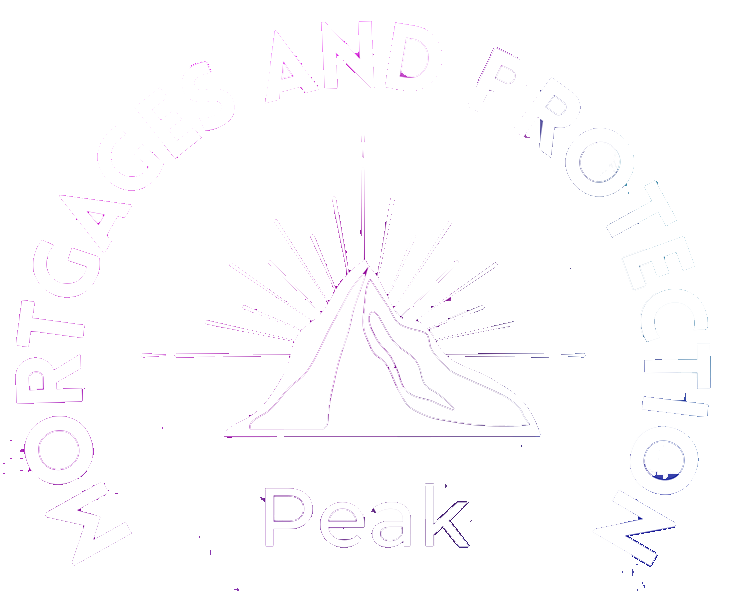What Happens to Your Mortgage When You Move?

When you move house, you might be able to move your current mortgage deal with you to your new property. This is called moving home mortgage, also porting.
You might not want to, or might not be able to do this. If that is the case you will need to repay your existing mortgage deal with the proceeds of your house and set up a new mortgage to buy your next property.
Moving home mortgage is only allowed where you currently have some sort of mortgage deal. It might be a fixed interest, tracker or discounted rate product with your existing lender. If you are on the standard variable rate it won’t be allowed.
Whether it is right to port your existing deal or not will depend on your personal circumstances and the costs involved and your adviser will be able to recommend if it is right to do or not.
Porting your mortgage
People often assume that mortgage porting is simply taking your mortgage with you to your new property. That isn’t the case though. You are repaying your existing mortgage from the sale of your current property, and then taking the mortgage ‘deal’ with you to your next property.
You still have to apply for a new mortgage on your new home. Don’t forget that the existing mortgage has been repaid and it is the interest rate which you take with you.
This is because a mortgage is linked to a specific property. If you sell it the mortgage must be repaid in full. Your lender has first dibs on the proceeds of sale before anyone else.
This means a new mortgage will often need to be taken out to fund the purchase of the next property. Porting your existing deal, however, allows you to retain what could be a really great interest rate or special terms and conditions. It can also avoid any early repayment charges that might have otherwise been incurred for clearing your existing mortgage before the expiry of your product.
As it’s a totally new mortgage on your new home, the same affordability, evidence and credit checks that you previously went through are required. If the lender charges for valuations you may have to pay for a valuation on the new property, as well as your solicitor’s legal fees and any stamp duty which might be due.
Also, if things changed regarding your personal circumstances have changed since your last mortgage application, for example, your income has reduced due to having changed to a slightly lower-paid job, or your bills have increased because of having children, then it may be harder to meet the mortgage lender’s criteria.
You also have to factor in whether the new property is suitable security for the lender. They may have been perfectly happy with your current property but the new one could be of ‘non-standard construction’ meaning some lenders will be unhappy to lend against it.
Should I port my mortgage?
To be or not to be, the decision of a moving home mortgage is really down to your own individual circumstances and just you competitive your current deal is compared to what is on the market at the time. Some other things to consider are:
- What there be any costs coming out of your current deal if you don’t port?
- Is the current deal significantly better than alternative deals now available?
- How long is left on your current deal? Does it give you enough of a degree of Does your current mortgage lender actually allow customers to port mortgages? Not all do!
- Will your current lender allow the additional borrowing that you may need for your next property purchase?
If you aren’t sure if it’s a good idea to port your existing deal or get a new one, we would always recommend speaking to a mortgage broker. We’re here to do the sums and advise on the right decision.
Switching lenders for a better deal
If you can’t port your mortgage, or don’t want to, you need to apply for a new mortgage to purchase your next property. Just like porting, your current mortgage will be repaid by your solicitor when your sale completes and you’ll find a new mortgage product or lender for your next property purchase.
Moving house might be a great opportunity for you to search the market to find a better mortgage deal. The choice of taking out a new loan with your existing mortgage company or taking a new product with someone different will depend upon the deals available at the time.
Before you choose, it’s really important to compare your current deal with what’s on the market. Some standard costs might be waived if you remain with your current lender. That still might not be the best advice overall taking into account the interest rates, set up cost and exit fees. If these charges are applicable, you’ll need to decide whether moving to a new lender really is the best option for you financially.
It’s vital to consider how changes in your circumstances since taking your original mortgage may impact your ability to get a new mortgage. With any new mortgage, you’ll be fully checked out by the lender to make sure that you meet their criteria and have to pass a credit check.
What if I need a bigger mortgage?
If you need a bigger mortgage to purchase a more expensive property, you usually have two options. If you port your mortgage deal to the new property. You could then borrow the extra sum needed from your existing lender too as a top-up to get to the figure you need.
You can only be able to do this if you meet the lender’s borrowing criteria for that extra amount. You will end up with two subaccounts on your mortgage. The original deal you ported, and the additional borrowing on whatever rate offered by the lender at the time may not be that competitive.
Or you can repay your existing mortgage deal from the. From there, you take out a new, mortgage with whoever is offering the most competitive deal at the time. Don’t forget that you could have to factor in early repayment charges and other fees to work out if it is the cheapest option.
What if I need a smaller mortgage?
You may even want to downsize and reduce your mortgage.
Downsizing normally means that you will be taking a smaller mortgage on a cheaper property. You may still be able to port your existing product but you may still have an early repayment charge. This is because you won’t be porting all of your mortgage and are therefore paying off part of your mortgage early.
If your lender won’t let you, or you decide not to port your existing product then once again, you simply repay your current mortgage from your sale. You then take out a new mortgage choosing from what’s on the market at the time.
We always suggest talking to mortgage brokers like us here at Peak Mortgages and Protection, to recommend the right moving home mortgage for you. We have glowing feedback from our clients and have won Derbyshire Mortgage advisers of the year twice in a row, for 2021 & 2022. Contact us via our website or call us on 01773 826575 today!

